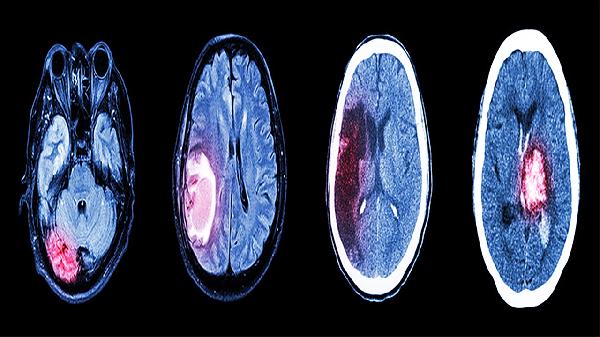Turns out, curling up with a good book does more than just entertain you—it literally rewires your brain. Recent brain science has confirmed that book lovers have more developed language learning areas, making them linguistic powerhouses compared to non-readers. So if you’ve ever felt smug about your reading habit, science just handed you a trophy.

Your Brain on Books: A Neurochemical Love Story
When you dive into a novel, your brain isn’t just passively absorbing words—it’s lighting up like a Christmas tree. Functional MRI scans show that reading activates the left temporal cortex, the region responsible for language processing. The more you read, the stronger and more efficient these neural pathways become. It’s like hitting the gym, but for your vocabulary.
And it’s not just about recognizing words. Deep reading—the kind where you get lost in a story—stimulates areas linked to empathy, imagination, and even motor skills (yes, your brain pretends it’s running through Hogwarts too).
Why Fiction Readers Have a Leg Up
Novels, especially literary fiction, force your brain to work overtime. Unlike straightforward texts, fiction requires you to track characters, infer motives, and navigate complex narratives. This mental gymnastics strengthens your brain’s ability to process language in real-life conversations, making you quicker at picking up nuances, sarcasm, and even new languages.
Studies show that fiction readers score higher on tests measuring emotional intelligence and social perception. So next time someone calls reading escapism, remind them it’s actually advanced social training.
Bilingual? Thank Your Bookshelf
If you’ve ever tried learning a second language, you know it’s no walk in the park—unless you’re a bookworm. Research suggests that avid readers pick up new languages faster because their brains are already wired for efficient language processing. The same neural networks that help you dissect Shakespeare also make it easier to grasp Spanish verb conjugations or Mandarin tones.
In fact, bilingual readers show even more pronounced development in the language centers of their brains. So if you’re looking for a reason to finally tackle that French novel in its original text, here’s your sign.
Audiobooks vs. Reading: Does It Count?
Good news for audiobook fans—your brain still gets a workout, just in a slightly different way. Listening activates the same language centers, though reading engages more visual processing. The key is immersion: whether you’re reading or listening, getting lost in a story strengthens those neural connections.
That said, traditional reading still edges out slightly in terms of comprehension and retention. But hey, if audiobooks keep you “reading” more, your brain’s still winning.
How to Train Your Brain Like a Bookworm
Not a big reader yet? No worries—your brain is plastic (not the bad kind) and can adapt. Start small: even 15 minutes of reading a day can kickstart those language centers. Mix up genres to challenge different parts of your brain, and don’t shy away from dense material. The harder the text, the bigger the payoff.
And if you really want to level up, try reading in another language. Your brain will throw a party in your left temporal cortex—confetti and all.
So go ahead, flaunt that reading habit. Science’s got your back.
























